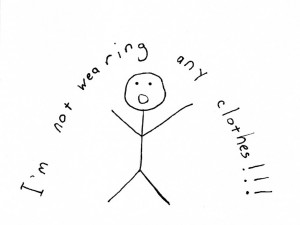I'm a big fan of honesty, even if I don't like what's being said. When it comes to history, journalism or politics, I come back again and again to books by people who try to be fair but never pull their punches.
The histories of Ammianus Marcellinus mainly cover the 4th century Roman Empire and are especially neat because the author had been an army officer who was there for a lot of the events he describes. He wrote his histories long after he was done with the army, so it winds up sounding like an old man telling war stories, who isn't afraid to launch into extended digressions about obelisks and rainbows.
Speaking of rambling, I don't always like Hunter S. Thompson, but even in the middle of his frequent drug-addled delusions, he was remarkably honest about how he interpreted what he saw. That's why it makes perfect, mad sense to put him into politics. Fear and Loathing: On the Campaign Trail '72 is a series of essays, interviews and recorded rants about Thompson's trip through the 1972 presidential campaign. The closer you get to Nixon's inevitable victory over a stumbling McGovern, the further Thompson unravels into chemicals and cynicism.
You can't talk honesty without talking about legendary comedian Bill Hicks, who was so notoriously blunt I can't really link to any of his shows without getting into trouble. Love All the People contains the transcripts of his performances and interviews, and despite the fact that transcripts of live performances don't usually translate well onto the page, I tore through this book much faster than I thought I would.
After reading so many honest opinions, I might dredge up the courage to start having some of my own.




Add a comment to: Call It Like You See It